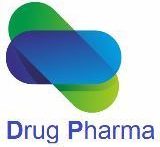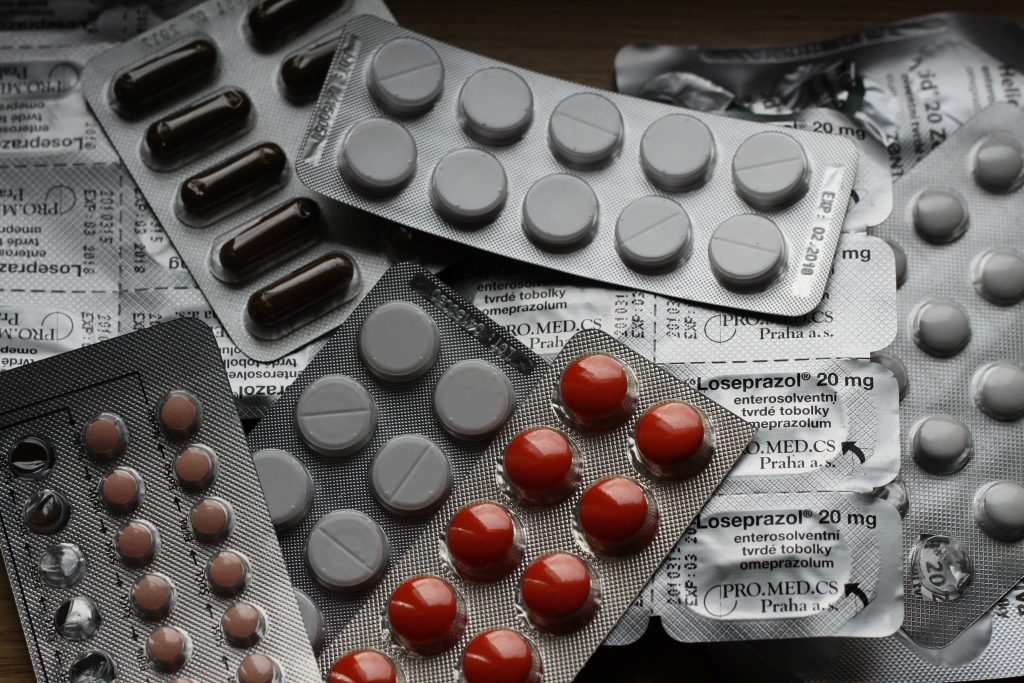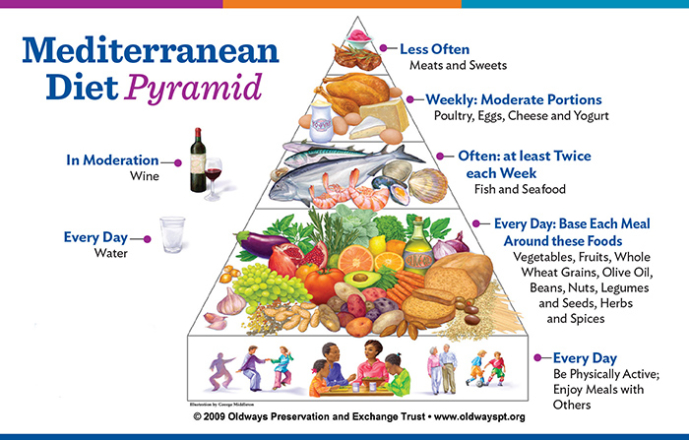Drug recalls occur when a medication is removed from the market due to safety concerns, manufacturing defects, or mislabeling. While recalls are designed to protect the public. They can also have serious consequences for patients, healthcare providers, and drug manufacturers. In this article, we will explore the causes and impacts of drug recalls, as well as the steps that can be taken to prevent them.

Introduction
Drug recalls are an essential part of the drug approval process. As they ensure that only safe and effective medications are available to the public. However, recalls can also be disruptive and costly. Both for patients who rely on these medications and for the companies that produce them.
Causes of Drug Recalls
Drug recalls can be triggered by a variety of factors, including safety concerns, manufacturing defects, and regulatory violations. Here are some of the most common causes of drug recalls:
Safety concerns
One of the most common reasons for a drug recall is safety concerns. This may be due to adverse effects, contamination, packaging defects, or other issues that could harm patients. In 2018, the FDA recalled the blood pressure medication Valsartan after discovering that it was contaminated with a potential carcinogen, which raised safety concerns after the drug had already been approved and was on the market.
Manufacturing defects
Another common cause of drug recalls is manufacturing defects. These may include incorrect dosages, impurities, labeling errors, or other problems that can affect the safety or efficacy of a medication. In some cases, manufacturing defects may be the result of human error. While in other cases they may be due to equipment malfunction or other issues.
Regulatory violations
Drug recalls may be triggered by regulatory violations. Such as failure to meet FDA standards or non-compliance with good manufacturing practices (GMP). These types of violations can lead to serious health risks for patients. As well as legal consequences for the companies that produce the medications.
Impacts of Drug Recalls
Drug recalls can have a variety of impacts on patients, healthcare providers, and drug manufacturers. Here are some of the most significant impacts of drug recalls:
Health risks to patients
The most significant impact of a drug recall is the potential harm to patients. In some cases, a recalled medication may cause adverse reactions or other health problems that could be life-threatening. Patients who rely on these medications may also face treatment interruptions or other difficulties in managing their health conditions.
Financial losses
Drug recalls can also result in significant financial losses for patients, healthcare providers, and drug manufacturers. Patients may incur additional medical expenses. While healthcare providers may need to spend more time and resources on managing the fallout from a recall. Drug manufacturers may also face lost revenue, legal expenses, and damage to their reputations.
Damage to reputation and trust
A drug recall can significantly impact the reputation and trust of the healthcare system. Patients who have been harmed by a recalled medication may lose faith in the medications available to them, while healthcare providers may hesitate to prescribe medications that have been recalled in the past. Drug manufacturers may also face a loss of public trust and confidence in their ability to produce safe and effective medications.
Legal consequences
Finally, drug recalls can lead to legal consequences for drug manufacturers, including lawsuits, fines, or criminal charges. These consequences may arise if a company violates FDA regulations or fails to address safety concerns in a timely and appropriate manner.
Prevention of Drug Recalls
While it is impossible to prevent all drug recalls, some steps can be taken to minimize the risk of these events occurring. Here are some of the most effective strategies for preventing drug recalls:
Robust quality control processes
One of the most important ways to prevent drug recalls is to implement robust quality control processes throughout the manufacturing process. This can include regular testing of raw materials and finished products, as well as ongoing monitoring of manufacturing equipment and processes.
Compliance with regulatory standards
Drug manufacturers must comply with a variety of regulatory standards to ensure that their medications are safe and effective. By staying up-to-date with these standards and ensuring that all products meet FDA requirements, drug companies can minimize the risk of regulatory violations and subsequent recalls.
Proper labeling and packaging
Proper labeling and packaging are essential to ensuring that medications are used safely and effectively. Drug companies should ensure that all packaging is properly labeled with the correct dosage, instructions, and expiration date and that all labeling is clear and easy to understand.
Prompt reporting of safety concerns
If safety concerns arise with medication, it is important to address them promptly and report them to the appropriate regulatory agencies. By doing so, drug companies can minimize the risk of harm to patients and potentially prevent the need for a recall.
Ongoing monitoring and surveillance
Even after a medication has been approved and is on the market, it is important to continue monitoring its safety and effectiveness. Ongoing monitoring and surveillance can help identify potential safety concerns early on and prevent the need for a recall.
Conclusion
Drug recalls are an important safety measure that helps protect patients from harmful medications. However, recalls can also be disruptive and costly for patients, healthcare providers, and drug manufacturers. By implementing robust quality control processes, complying with regulatory standards, and promptly addressing safety concerns, drug companies can minimize the risk of recalls and ensure that only safe and effective medications are available to the public.
FAQs
- What is a drug recall?
A drug recall is the removal of medication from the market due to safety concerns, manufacturing defects, or mislabeling.
- What are the most common causes of drug recalls?
The most common causes of drug recalls are safety concerns, manufacturing defects, and regulatory violations.
- What are the impacts of drug recalls?
The impacts of drug recalls can include health risks to patients, financial losses, damage to reputation and trust, and legal consequences.
- How can drug recalls be prevented?
Drug recalls can be prevented by implementing robust quality control processes, complying with regulatory standards, ensuring proper labeling and packaging, promptly reporting safety concerns, and ongoing monitoring and surveillance.
- Why are drug recalls important?
Drug recalls are important because they help protect patients from harmful medications and ensure that only safe and effective medications are available to the public.











